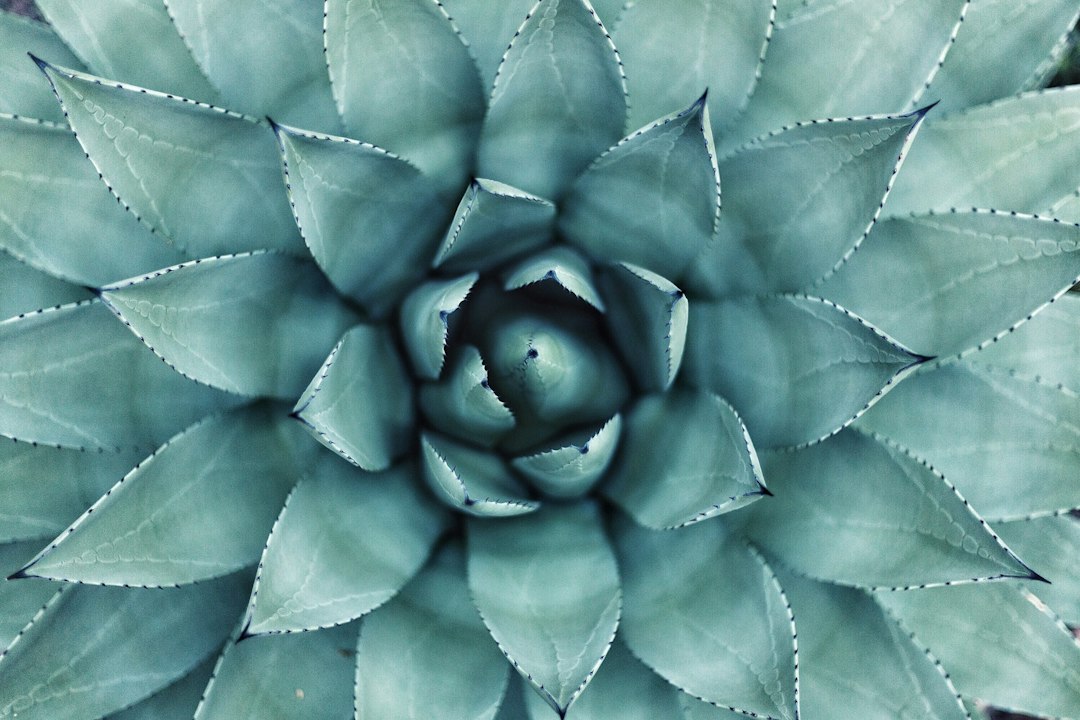How to Stay Hydrated for Optimal Health
Water is essential for our overall health and well-being. Our bodies are made up of about 60% water, and staying hydrated is crucial for maintaining optimal health. From regulating body temperature to aiding in digestion, hydration plays a vital role in our daily lives. However, many people do not consume enough water on a regular basis, leading to dehydration and various health issues. In this blog post, we will discuss the importance of hydration and provide tips on how to stay hydrated for optimal health.
Why is Hydration Important?
Proper hydration is essential for several bodily functions. Water helps maintain body temperature, aids in digestion and nutrient absorption, lubricates joints, and removes waste from the body. It also supports healthy skin, boosts energy levels, and improves brain function.
Dehydration occurs when the body loses more fluid than it takes in, and it can have negative effects on our health. Mild dehydration can cause fatigue, dizziness, and headaches, while severe dehydration can lead to more serious complications, such as kidney stones and heatstroke. It can also affect cognitive function and mood, leading to poor concentration and decreased performance.
Tips to Stay Hydrated
1. Drink enough water: The easiest and most obvious tip is to drink enough water throughout the day. The typical recommendation is to consume at least eight 8-ounce glasses of water per day, but individual needs may vary based on factors like body weight and activity level. Carry a water bottle with you and sip from it regularly to ensure you’re getting enough fluids.
2. Eat water-rich foods: Hydration doesn’t only come from drinking water; it can also come from the food we eat. Many fruits and vegetables have high water content, which can contribute to our daily fluid intake. Incorporate foods like cucumbers, watermelon, oranges, and tomatoes into your diet to increase hydration.
3. Set reminders: With our busy lives, it’s easy to forget to drink water regularly. Set reminders on your phone or computer to prompt you to take a water break every hour or so. These reminders can help you establish a habit of regular hydration.
4. Infuse your water with flavors: If plain water doesn’t appeal to you, try infusing it with natural flavors. Add slices of citrus fruits, cucumber, or mint leaves to your water to enhance the taste. This can make drinking water more enjoyable and encourage you to drink more.
5. Limit sugary and caffeinated beverages: Beverages like soda, energy drinks, and coffee can contribute to dehydration due to their diuretic effects. While they may temporarily quench your thirst, they can actually dehydrate you in the long run. Try to limit your intake of these drinks and opt for water or herbal tea instead.
6. Monitor urine color: One way to check your hydration status is by monitoring the color of your urine. Clear or pale yellow urine indicates adequate hydration, while dark or concentrated urine suggests dehydration. Use this as a simple guide to ensure you’re drinking enough water.
7. Drink before, during, and after exercise: When you are physically active, your body loses extra water through sweat. It is crucial to drink water before, during, and after exercise to replenish lost fluids. Aim to consume about 17-20 ounces of water two hours before exercise and sip on water throughout your workout.
Conclusion
Hydration is vital for optimal health and well-being. By making a conscious effort to drink enough water and incorporating hydrating foods into your diet, you can ensure that your body stays properly hydrated. Remember to set reminders, monitor urine color, and limit consumption of sugary and caffeinated beverages. By following these simple tips, you can maintain optimal hydration levels and enjoy the many health benefits it provides. Stay hydrated, stay healthy!
Word Count: 747 words

